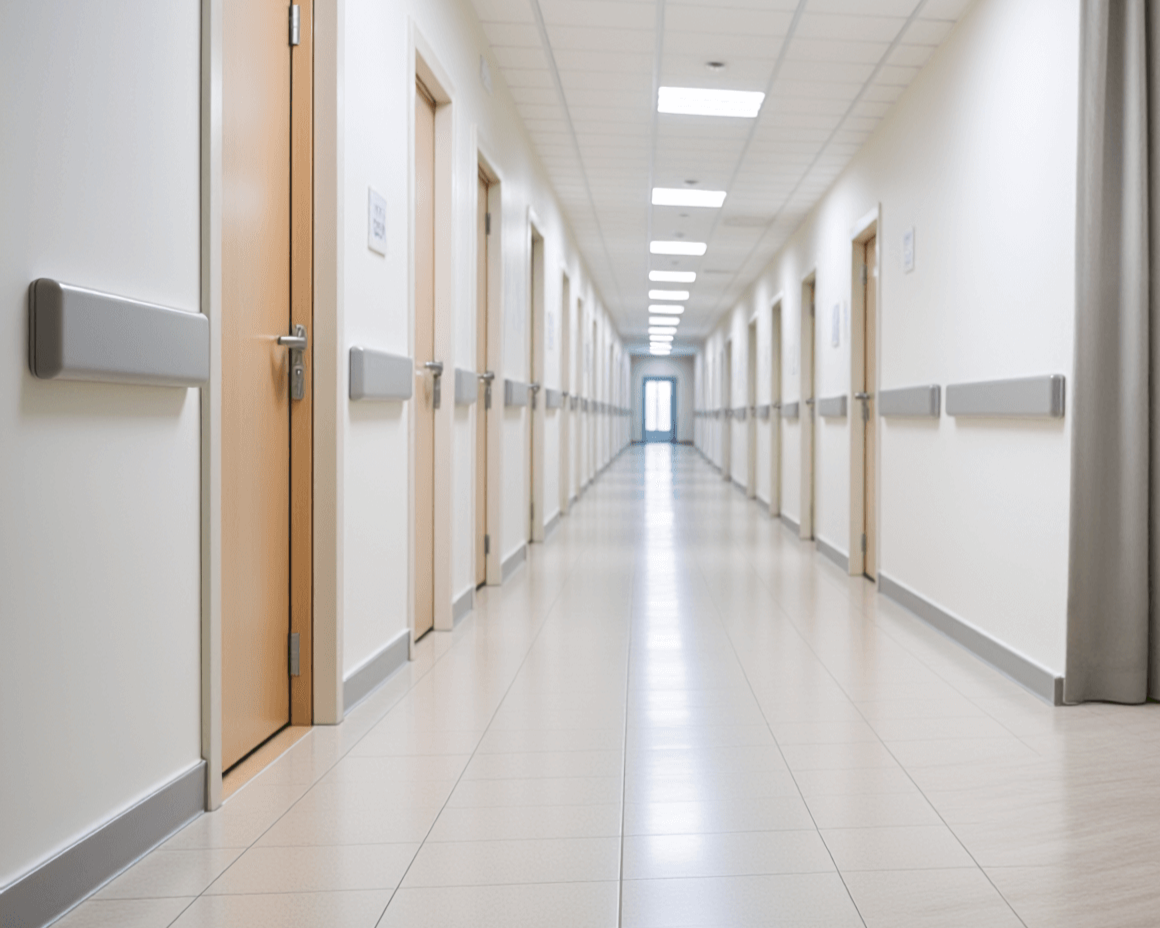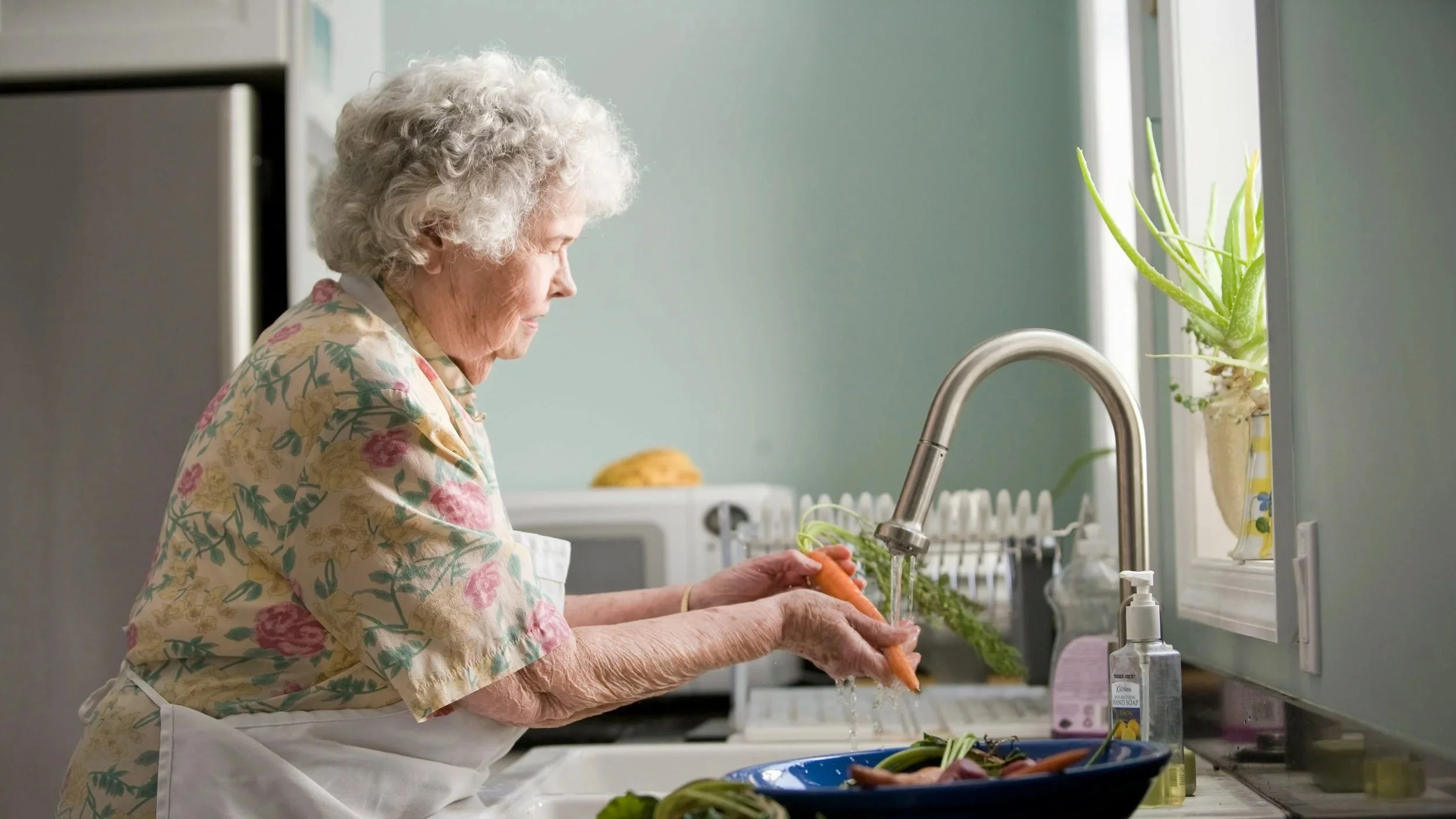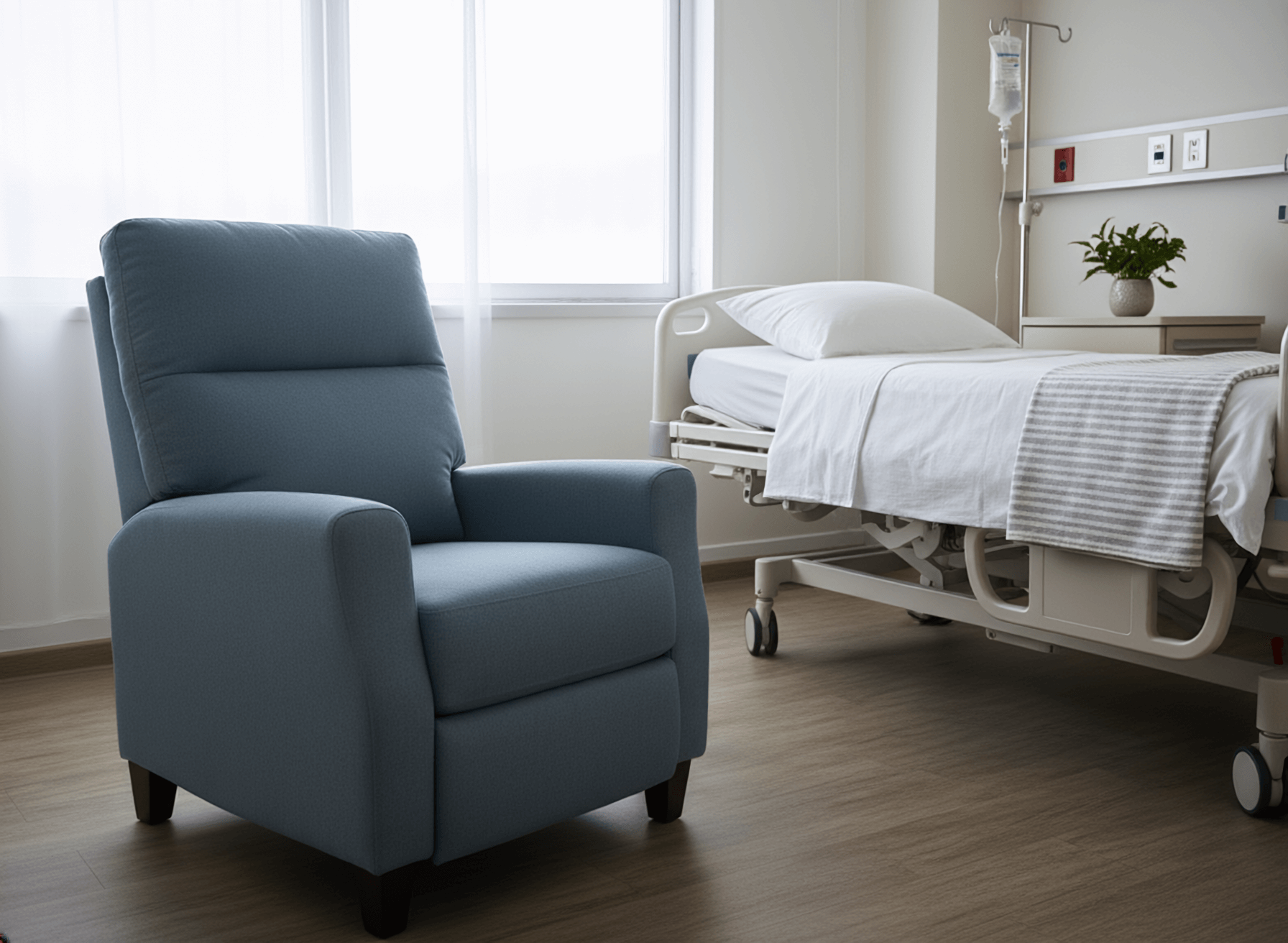Blog: 2-minute read
Bedside Reporting: The Benefits of Bedside Communication
A bedside shift report is a change-of-shift report between offgoing and oncoming nurses that takes place at the patient's bedside. It's a key part of the patient's care plan and aims to improve a patient’s safety, understanding of their health conditions, and engagement.
Despite these benefits, some hospitals struggle to use bedside shift report consistently. Here, we offer tips to help you identify any barriers to bedside shift report and sustain it in your hospital.
Benefits for patients
Shift report at the nurses' station, rather than at the bedside, creates extended periods when patients are left alone. Sentinel events, defined by the Joint Commission as "resulting in death, permanent harm, or severe, temporary harm,” are more likely to happen during this time than any other part of the shift.
Handoff in the patient's room eliminates this alone time. Rates of sentinel events and falls go down and patient satisfaction goes up, according to research.
When patients participate in the bedside report, the results are even better. They can share symptoms and changes with their care team. It is also an opportunity for teaching. Research shows that high-quality education and engagement are critical to improving outcomes.
Benefits for staff
There are staff benefits, too. When using the bedside report, nurses have higher satisfaction scores. It also helps staff communicate, leading to fewer errors and less rework.
Benefits for facilities
With bedside reporting, the improvement in patient experience naturally leads to improvements on HCAHPS surveys. Better communication reduces legal costs resulting from errors and events, research shows. And when implemented well, the bedside report also leads to less paid overtime.
Barriers to bedside shift reporting
If your facility is struggling to implement bedside shift reporting, or use it consistently, start by identifying barriers then finding solutions. Some common barriers include:
Patient Privacy: Nurses and patients alike express concerns about the privacy aspect of bedside reports, especially when discussing sensitive or personal information.
Time Constraints: Bedside reports can be time-consuming, and nurses may have other tasks to prioritize. It can also be challenging to track down everyone from whom you need to get a report.
Disruptions: Patients, family members, and other staff members may interrupt the report, creating a challenge for maintaining a focused and efficient handover.
Nurse Anxiety: Nurses may feel uncomfortable discussing patient information directly with the patient, leading to anxiety and reluctance to engage in bedside reporting.
Fear of Change: Some nurses may be hesitant to adopt new practices like bedside reporting, fearing that it will disrupt their workflow or lead to increased workload.
Environmental Factors: Noise, equipment alarms, and other environmental factors can disrupt the handover process.
Bedside communication solutions
Split it up. Discuss sensitive topics in a brief, private report outside the room.
Create privacy. Close the unit to nonessential visitors during handoff. Have a plan for addressing sensitive or personal information.
Set expectations. Let the patients know you will address non-urgent needs shortly after report. Round with all patients afterward.
Try an offset shift change. Have nursing aides give handoff 30 minutes before nurses, so a team will be available to take care of patient needs during nursing report.
Consider a team-care model. Assign a nurse and one or more aides as a team to care for a group of patients. With a team, it is more likely someone will be available to meet patient needs.
Try consolidating. While not always possible, handing off a set of patients between two nurses makes reporting more efficient. Consolidate assignments as much as possible, while considering patient acuity and nurse skills.
With creativity, you can take advantage of the benefits of bedside report for patients and staff. As a result, patients will have a better hospital experience, and your HCAHPS scores will improve, too.
Explore More Topics












